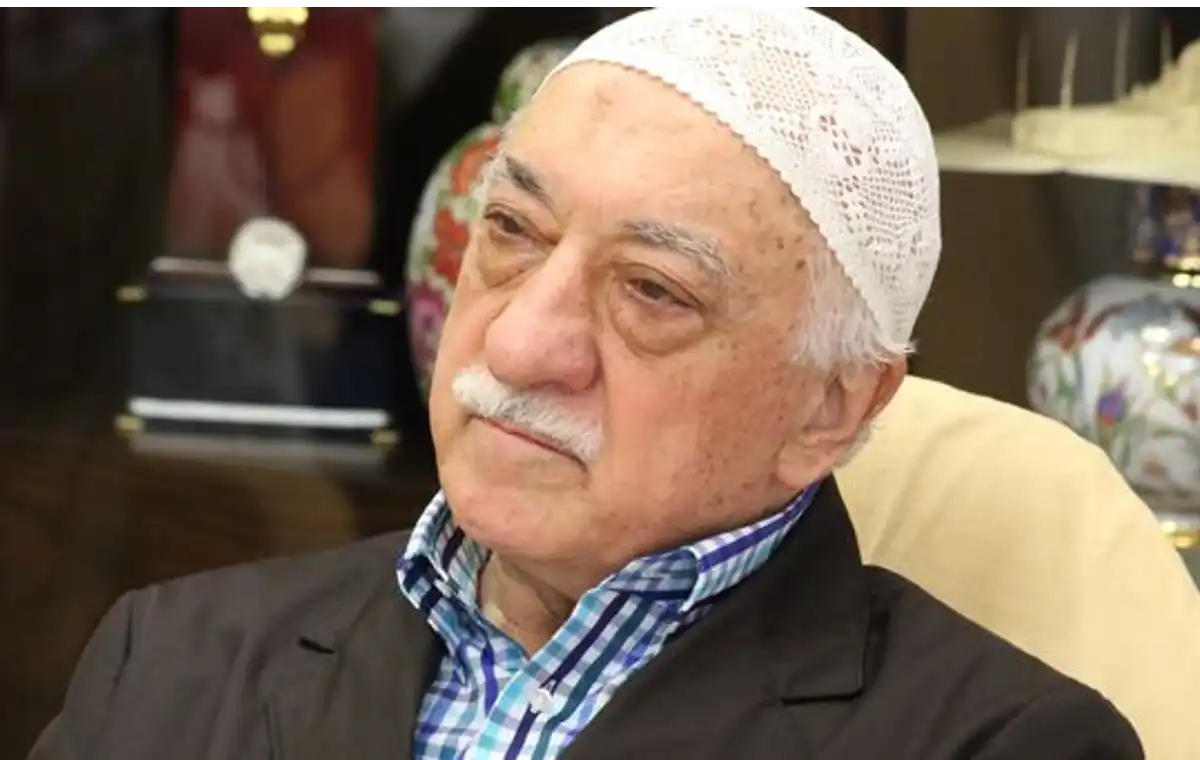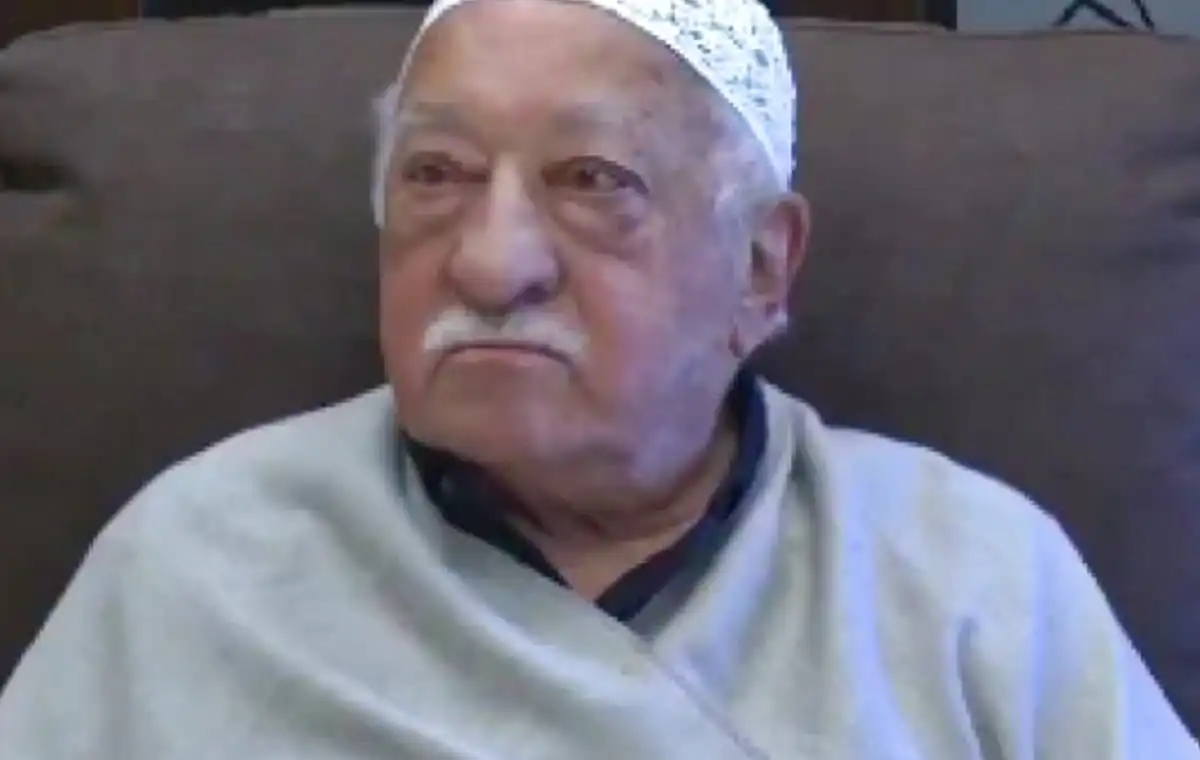Who was Fethullah Gülen? Learn about self-exiled Turkish spiritual leader who died in the US
Fethullah Gulen, an influential Islamic cleric and spiritual leader of a global social movement, died in his 80s at a hospital near his home in the Pocono Mountains of Pennsylvania. A self-proclaimed exile in the United States for more than two decades, Gülen has been at the center of widespread acclaim and intense controversy.

Who was Fethullah Gülen? All you need to know about self-exiled Turkish spiritual leader who died in the US
His organization, known as the **Hizmet Movement** (meaning “service” in Turkish), is a network of schools, charities and businesses operating in more than 100 countries. The movement promoted education, interfaith dialogue, democracy, and social welfare, drawing inspiration from a blend of Islamic mysticism, Turkish nationalism, and modern ideals. His followers founded many institutions, including 150 charter schools in the U.S., and gained considerable influence in Turkey and abroad.
However, Gülen’s relationship with the Turkish government was fraught with tension. Once a close ally of Turkish President Recep Tayyip Erdogan, he became a fierce critic of Erdogan, accusing him of authoritarianism and a desire to consolidate power. In turn, Erdogan and his administration accused Gulen of orchestrating the failed **2016 coup attempt** in which military factions attempted to overthrow the government. The coup resulted in the deaths of 251 people, and Erdogan quickly labeled Gülen a terrorist mastermind, demanding his extradition from the U.S. Despite these charges, Gülen vehemently denied any involvement, calling the charges politically motivated. The US government did not extradite him, citing a lack of sufficient evidence.
After the coup attempt, Turkey launched a heavy crackdown on anyone suspected of having ties to Gülen or the Hizmet movement. Thousands of people, including military personnel, civil servants and academics, were arrested, while Gulen-linked businesses, schools and media outlets were closed.

Although Gülen withdrew from public life in recent years due to declining health, his influence within the movement continued through his close advisers. His supporters view him as a visionary leader advocating peaceful coexistence, but Turkish authorities view him and his movement as a national threat.
Gulen’s death has sparked mixed reactions. His followers mourn the loss of the spiritual leader, but Turkish officials warn that the movement he inspired still poses a threat. Despite the conflicting narratives surrounding his life and work, Fethullah Gülen’s legacy, particularly in the fields of education, interfaith dialogue, and social service, will continue to be debated and felt for years to come.





